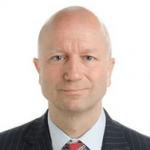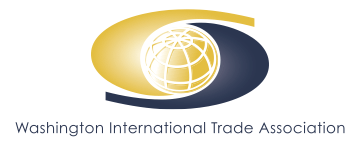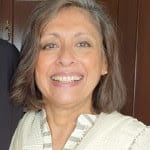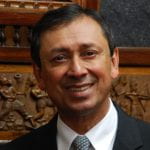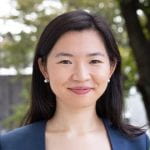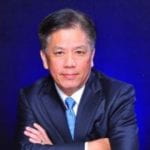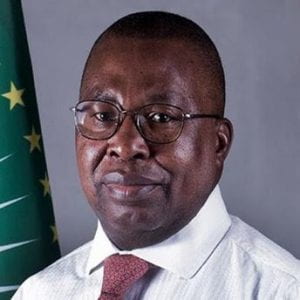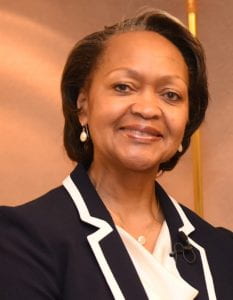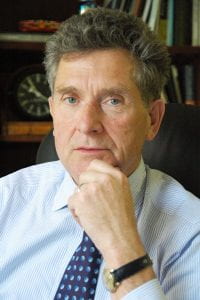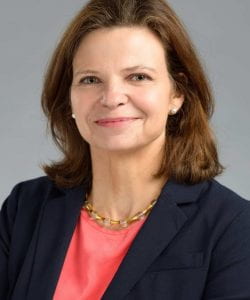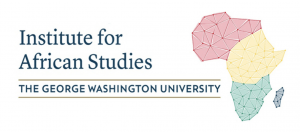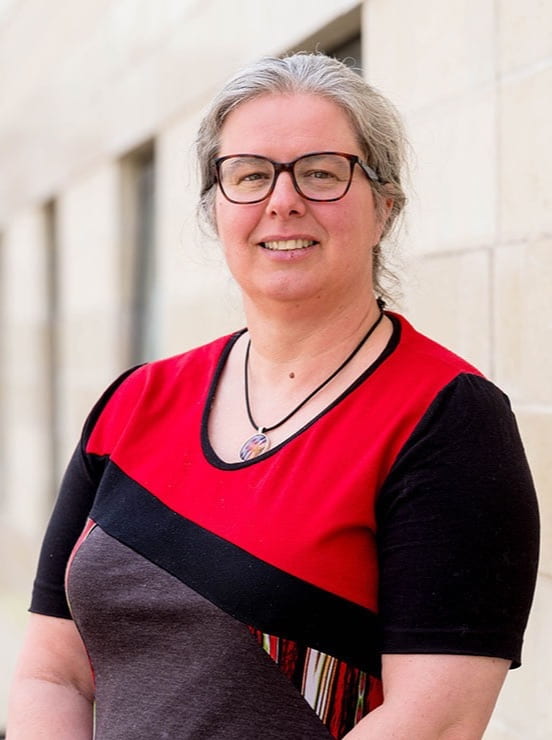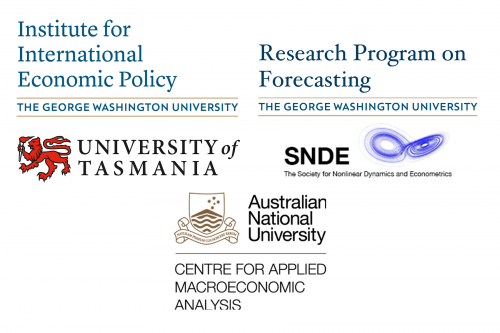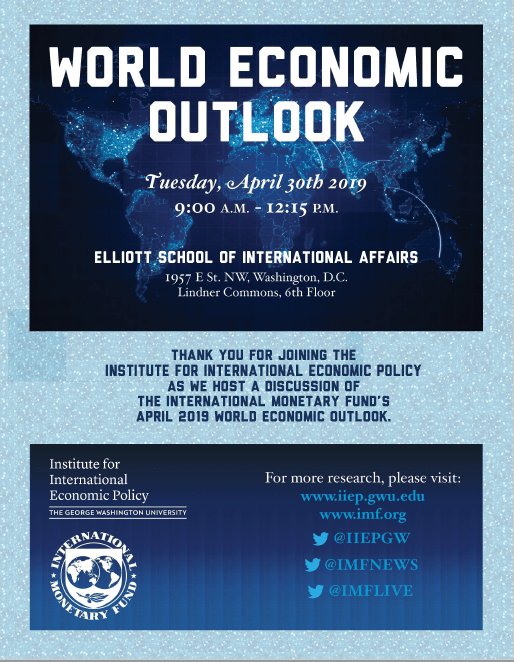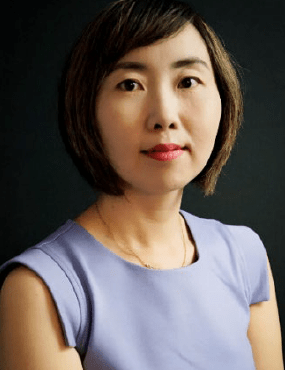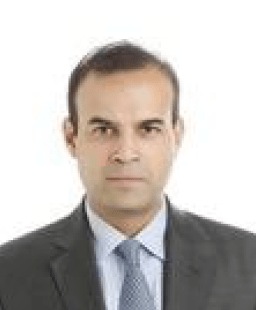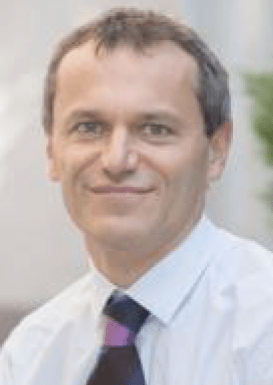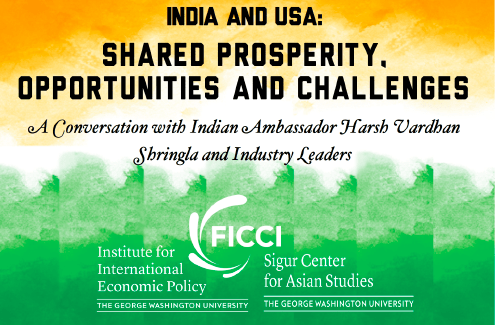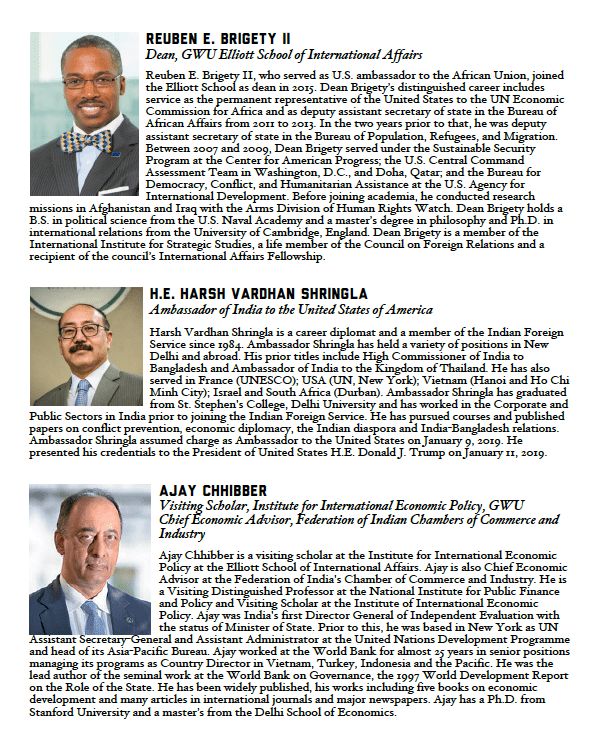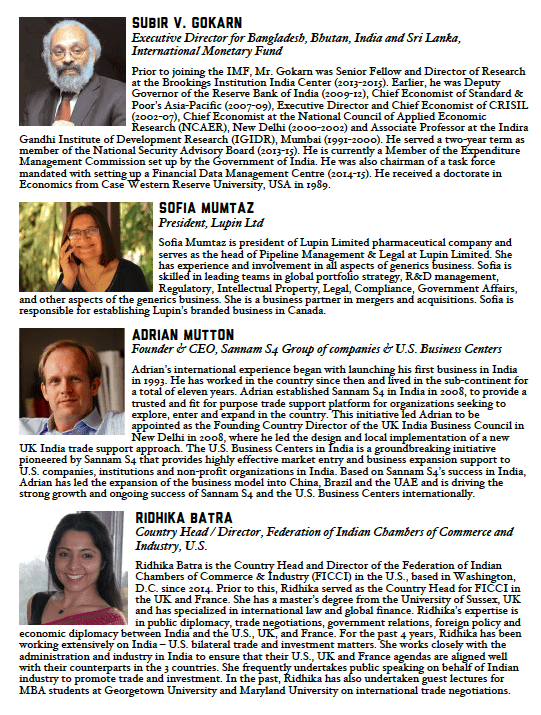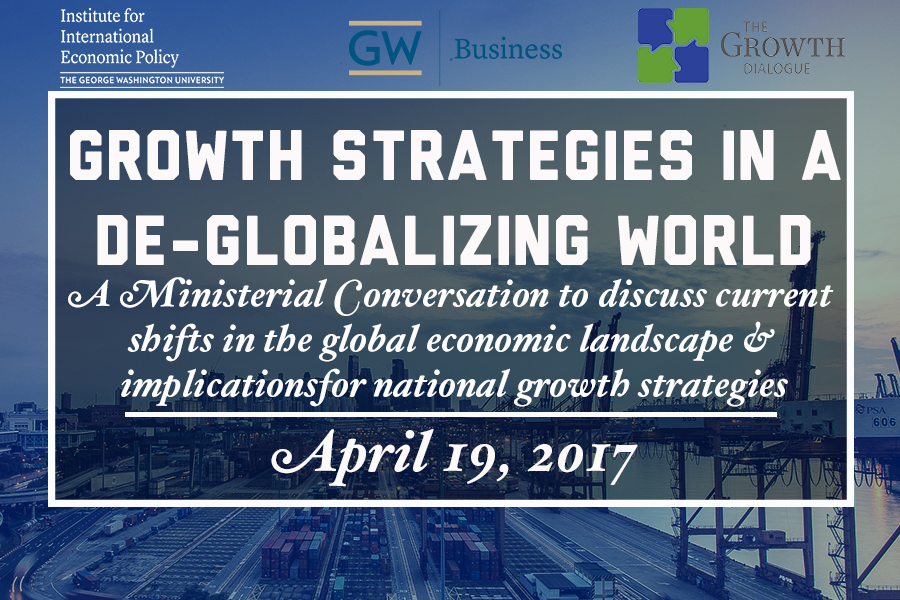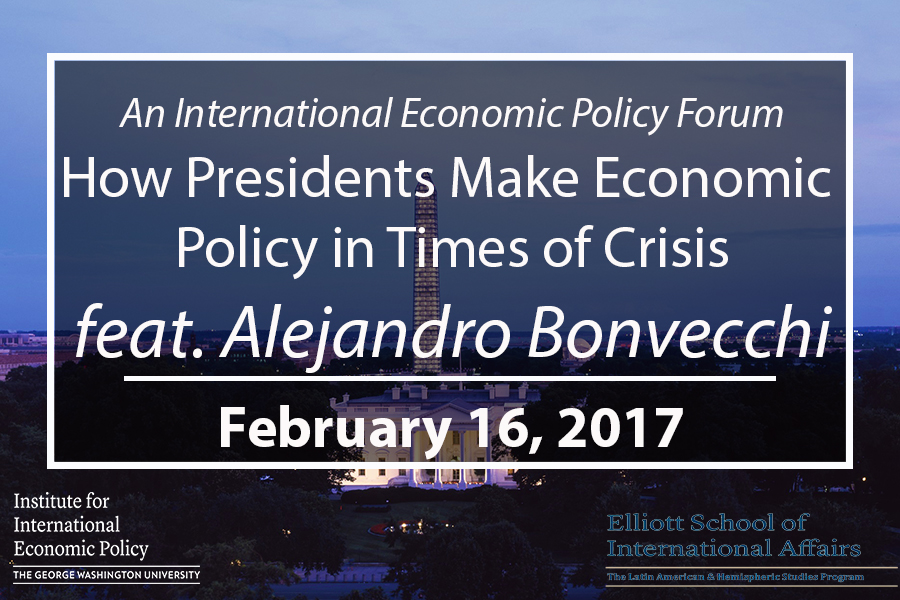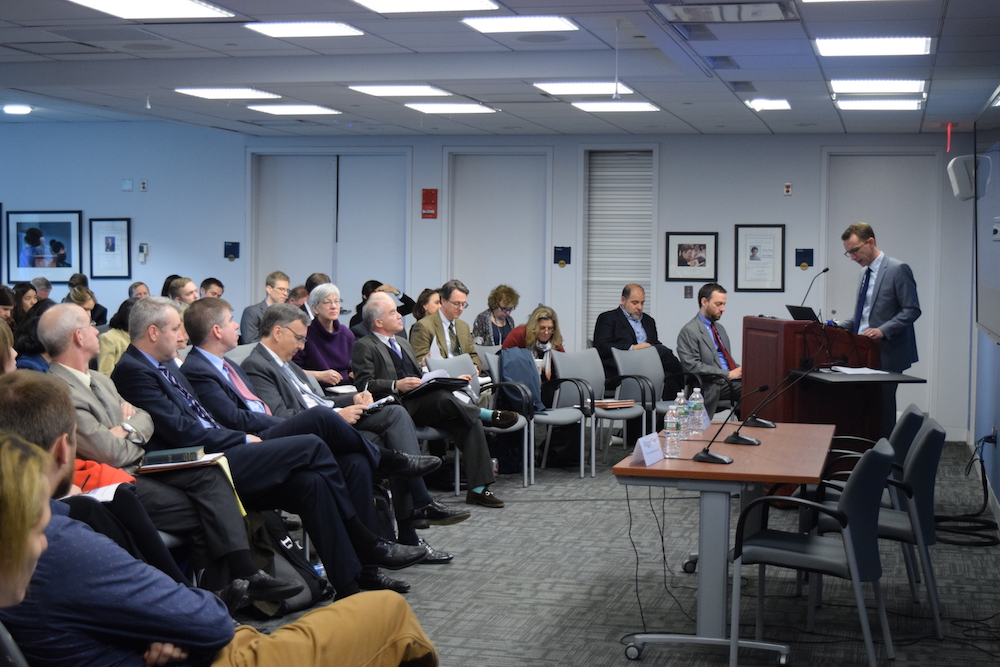Friday, April 19th
8:15 am – 7:00 pm ET
Harry Harding Auditorium, Room 213
Elliott School of International Affairs, 1957 E St NW
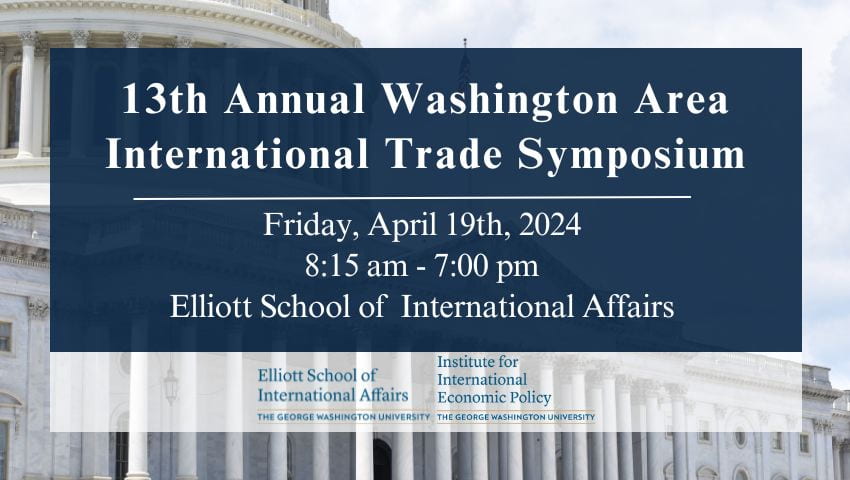
The Institute for International Economic Policy at the George Washington University is pleased to host the 13th Annual Washington Area International Trade Symposium (WAITS). This year’s workshop will take place in person at the Elliott School of International Affairs on Friday, April 19th. Please see below for the complete agenda, including participants from many DC-area institutions.
WAITS was launched by IIEP in 2011 and is a forum that highlights trade research at institutions in the Washington, D.C. area. Its primary activity is sponsoring an annual research conference where scholars present their latest academic work. Researchers from George Washington University, American University, the Bureau of Labor Statistics, the Census Bureau, the Federal Reserve Board, Georgetown University, George Mason University, the Inter-American Development Bank, the International Monetary Fund (IMF), Johns Hopkins University (SAIS), the U.S. International Trade Commission, the University of Maryland, and the World Bank have all participated in the symposium.
We encourage you to spread the announcement widely and welcome others in your networks to join. Breakfast, coffee, lunch, and reception included.
Conference Agenda
08:15-08:40 am: Breakfast
08:40-08:45 am: Opening Remarks
Session I: Domestic Subsidies
(Moderator: Yingyan Zhao, GWU)
8:45-9:25 am: Daniel Ramos (Johns Hopkins SAIS), “The Spatial Consequences of Financial Frictions: Evidence from Brazil”
Discussant: Jose Asturias (U.S. Census)
9:25-10:05 am: Lorenzo Rotunno (IMF), “Trade Spillovers of Domestic Subsidies”
Discussant: Yingyan Zhao (George Washington University)
10:05-10:20 am: Coffee Break
Session II: Firms and Industries
(Moderator: Maggie Chen, GWU)
10:20-11:00 am: Lorenz Ekerdt (U.S. Census), “The Rise of Specialized Firms”
Discussant: Mauricio Moreira (Inter-American Development Bank)
11:00-11:40 am: Ferdinando Monte (Georgetown), “Consumer Mobility and the Local Structure of Consumption Industries”
Discussant: Brian C. Fujiy (U.S. Census)
11:40 am-12:00 pm: Coffee Break
Keynote Presentation
12:00-12:45 pm: Emily Blanchard (Dartmouth, Former Chief Economist of the Department of State)
12:45-1:30 pm: Lunch
Session III: Tariffs and Trade Wars
(Moderator: Ariel Weinberger, GWU)
1:30-2:10 pm: Trang Hoang (Federal Reserve Board), “Trade Wars and Rumors of Trade Wars: The Dynamic Effects of the U.S.-China Trade War”
Discussant: Ariel Weinberger(George Washington University)
2:10-2:50 pm: Anne Beck (World Bank), “Help for the Heartland? The Employment and Electoral Effects of the Trump Tariffs in the United States”
Discussant: Nuno Limao (Georgetown University)
2:50-3:05 pm: Coffee Break
Session IV: Trade and Migration
(Moderator: Judy Dean, Brandeis)
3:05-3:45 pm: Juan Blyde (Inter-American Development Bank), “Exports, Technical Measures, and Regulatory Heterogeneity”
Discussant: Maurice Kugler (George Mason)
3:45-4:25 pm: Michael Clemens (George Mason), “Partial Legalization and Parallel Markets: The Effect of Lawful Crossing on Unlawful Crossing at the US Southwest Border”
Discussant: Austin Davis (American University)
4:25-5:05 pm: Daniel Bernhofen (American University), “A Revealed Resource Savings Formulation of the Gains from Trade”
Discussant: Andrew McCallum (Federal Reserve Board)
5:05-7:00 pm: Reception
 Indermit Gill is Chief Economist of the World Bank Group and Senior Vice President for Development Economics.
Indermit Gill is Chief Economist of the World Bank Group and Senior Vice President for Development Economics.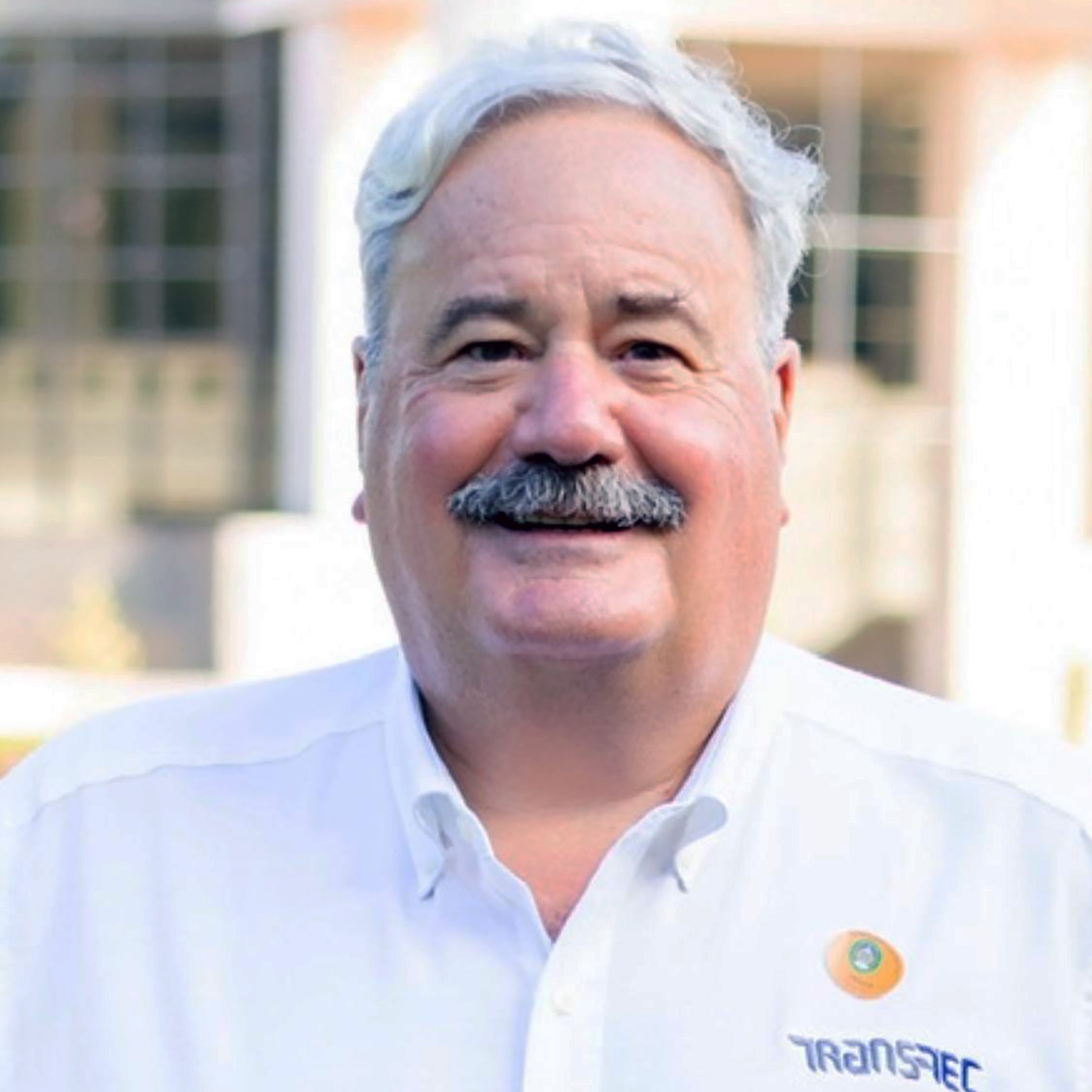 Christopher Fussner founded and owns TransTechnology Pte. Ltd. in Singapore in 1988, a major distributor of surface mount technology and semiconductor capital equipment. Headquartered in Singapore, Trans-Tec has 235 employees worldwide with offices in China, India, Japan, Malaysia, Mexico, Thailand, United States, and Vietnam. He has had extensive experience in negotiating and establishing joint ventures, strategic alliances, licenses, distribution networks and sales worldwide. In addition, Mr. Fussner is also founder and owner of Certain Cellars Pte. Ltd. in Singapore, an importer and distributor of fine wines. Prior to forming these companies, Mr. Fussner headed Asia sales for Amistar Corporation based in Seoul, Korea and Singapore. As such, he was responsible for sales and service for electronics manufacturing industry machines in Australia, Asia, and India.
Christopher Fussner founded and owns TransTechnology Pte. Ltd. in Singapore in 1988, a major distributor of surface mount technology and semiconductor capital equipment. Headquartered in Singapore, Trans-Tec has 235 employees worldwide with offices in China, India, Japan, Malaysia, Mexico, Thailand, United States, and Vietnam. He has had extensive experience in negotiating and establishing joint ventures, strategic alliances, licenses, distribution networks and sales worldwide. In addition, Mr. Fussner is also founder and owner of Certain Cellars Pte. Ltd. in Singapore, an importer and distributor of fine wines. Prior to forming these companies, Mr. Fussner headed Asia sales for Amistar Corporation based in Seoul, Korea and Singapore. As such, he was responsible for sales and service for electronics manufacturing industry machines in Australia, Asia, and India.

 is an expert in entrepreneurial strategy, skills development, and digital employee management platforms. She is the Founder of Global Talent Track, a leading vocational skills company that uses a blended learning model to bridge academia and the industry. She is the Co-Founder of 5F World, a platform for global consulting, investing, and mentoring in digital skills and digital transformation for start-ups and social enterprises, and has authored multiple books on knowledge, management, and digital success.
is an expert in entrepreneurial strategy, skills development, and digital employee management platforms. She is the Founder of Global Talent Track, a leading vocational skills company that uses a blended learning model to bridge academia and the industry. She is the Co-Founder of 5F World, a platform for global consulting, investing, and mentoring in digital skills and digital transformation for start-ups and social enterprises, and has authored multiple books on knowledge, management, and digital success. ational. He is a former Lead Economist at the World Bank and former consultant at the International Labour Organization, the United Nations Conference on Trade and Development, and UNICEF. He previously was a Professor of Economics at Oxford University and Delhi University. He is an expert on topics including economic growth, macroeconomic policy, poverty, employment, entrepreneurship, urbanization, gender trade, decentralization, and agriculture.
ational. He is a former Lead Economist at the World Bank and former consultant at the International Labour Organization, the United Nations Conference on Trade and Development, and UNICEF. He previously was a Professor of Economics at Oxford University and Delhi University. He is an expert on topics including economic growth, macroeconomic policy, poverty, employment, entrepreneurship, urbanization, gender trade, decentralization, and agriculture. is an associate professor of Economics and International Affairs at the Elliott School and the Department of Economics of George Washington University, the Director of the Institute for International Economic Policy and the Director of the ESIA Initiative on Climate Change and Sustainable Cities at George Washington University, and an Affiliated Scholar of the Marron Institute of Urban Management at New York University. Professor Jedwab’s main fields of research are urban and real estate economics, development and growth, environmental economics, and labor economics. Some of the issues he has studied include urbanization and structural transformation, urban construction and climate change, the economic determinants and effects of transportation infrastructure, and the roles of institutions, human capital and technology in development and growth. He is the co-founder and co-organizer of the World Bank-GWU Urbanization and Poverty Reduction Conference and the Washington Area Development Economics Symposium.
is an associate professor of Economics and International Affairs at the Elliott School and the Department of Economics of George Washington University, the Director of the Institute for International Economic Policy and the Director of the ESIA Initiative on Climate Change and Sustainable Cities at George Washington University, and an Affiliated Scholar of the Marron Institute of Urban Management at New York University. Professor Jedwab’s main fields of research are urban and real estate economics, development and growth, environmental economics, and labor economics. Some of the issues he has studied include urbanization and structural transformation, urban construction and climate change, the economic determinants and effects of transportation infrastructure, and the roles of institutions, human capital and technology in development and growth. He is the co-founder and co-organizer of the World Bank-GWU Urbanization and Poverty Reduction Conference and the Washington Area Development Economics Symposium. atarajan is the Co-Founder of 5F World, a platform for global consulting, investing, and mentoring in digital skills and digital transformation for start-ups and social enterprises. He is the Chairman of Honeywell Automation India and Lighthouse Communities Foundation, as well as a Central Board Member of the State Bank of India, Global Talent Track, and AVPN Singapore.
atarajan is the Co-Founder of 5F World, a platform for global consulting, investing, and mentoring in digital skills and digital transformation for start-ups and social enterprises. He is the Chairman of Honeywell Automation India and Lighthouse Communities Foundation, as well as a Central Board Member of the State Bank of India, Global Talent Track, and AVPN Singapore. is the Executive Chair and Founder of Harmonia Holdings Group, LLC. She serves on the Fairfax Economic Development Authority Board, Asian American Chamber of Commerce Board, George Mason University President’s Innovation Advisory Council, The Indus Entrepreneurs (TiE) DC Board, Northern Virginia’s Chamber of Commerce Strategic Leadership Board of Advisors, and as an Officer of the Harvard Club of Washington DC. She was named one of the Top 25 Female CEOs in the DMV in 2008 and received the US President’s Volunteer Service Award in 2021
is the Executive Chair and Founder of Harmonia Holdings Group, LLC. She serves on the Fairfax Economic Development Authority Board, Asian American Chamber of Commerce Board, George Mason University President’s Innovation Advisory Council, The Indus Entrepreneurs (TiE) DC Board, Northern Virginia’s Chamber of Commerce Strategic Leadership Board of Advisors, and as an Officer of the Harvard Club of Washington DC. She was named one of the Top 25 Female CEOs in the DMV in 2008 and received the US President’s Volunteer Service Award in 2021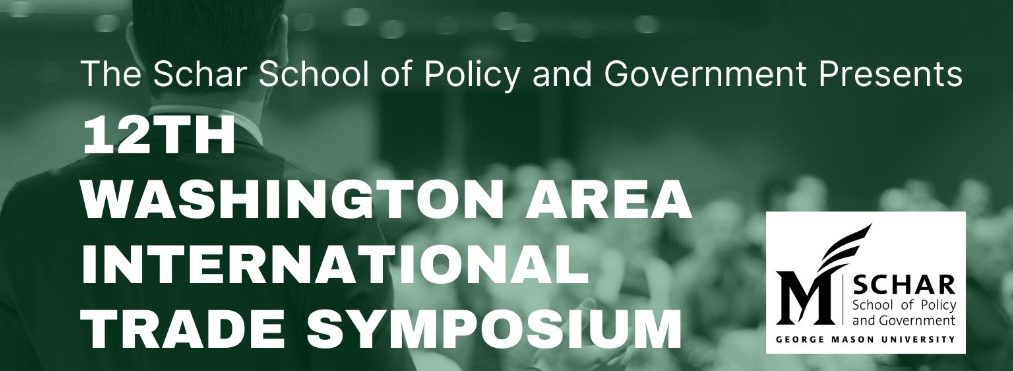

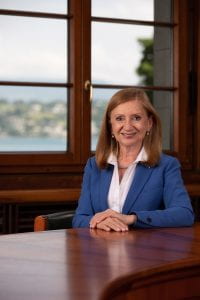 Anabel González (Costa Rica) has served as WTO Deputy Director-General since June 2021. Ms. González is a renowned global expert on trade, investment and economic development with a proven managerial track record in international organizations and the public sector. In government, Ms Gonzalez served as Minister of Foreign Trade of Costa Rica; Special Ambassador and Chief Negotiator; Vice-Minister of Trade and Director-General for Trade Negotiations. She also worked as Director-General of the Costa Rican Investment Promotion Agency (CINDE). Ms González also served at the World Bank as Senior Director of the Global Practice on Trade and Competitiveness, the WTO as Director of the Agriculture and Commodities Division and as Senior Consultant with the Inter-American Development Bank. More recently, Ms González has worked as a Non-Resident Senior Fellow with the Peterson Institute for International Economics, where she hosted the virtual series Trade Winds, and as Senior Advisor to the Boston Consulting Group. Ms González obtained her master’s degree from Georgetown University Law Center with the highest academic distinction and has published extensively and lectured across the world on trade, investment and economic development.
Anabel González (Costa Rica) has served as WTO Deputy Director-General since June 2021. Ms. González is a renowned global expert on trade, investment and economic development with a proven managerial track record in international organizations and the public sector. In government, Ms Gonzalez served as Minister of Foreign Trade of Costa Rica; Special Ambassador and Chief Negotiator; Vice-Minister of Trade and Director-General for Trade Negotiations. She also worked as Director-General of the Costa Rican Investment Promotion Agency (CINDE). Ms González also served at the World Bank as Senior Director of the Global Practice on Trade and Competitiveness, the WTO as Director of the Agriculture and Commodities Division and as Senior Consultant with the Inter-American Development Bank. More recently, Ms González has worked as a Non-Resident Senior Fellow with the Peterson Institute for International Economics, where she hosted the virtual series Trade Winds, and as Senior Advisor to the Boston Consulting Group. Ms González obtained her master’s degree from Georgetown University Law Center with the highest academic distinction and has published extensively and lectured across the world on trade, investment and economic development.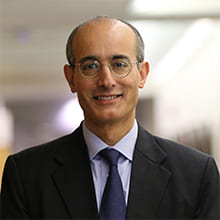 Aaditya Mattoo is Chief Economist of the East Asia and Pacific Region of the World Bank. He specializes in development, trade and international cooperation, and provides policy advice to governments. He is also Co-Director of the World Development Report 2020 on Global Value Chains. Prior to this he was the Research Manager, Trade and Integration, at the World Bank. Before he joined the Bank, Mr. Mattoo was Economic Counsellor at the World Trade Organization and taught economics at the University of Sussex and Churchill College, Cambridge University. He holds a Ph.D. in Economics from the University of Cambridge, and an M.Phil in Economics from the University of Oxford. He has published on development, trade, trade in services, and international trade agreements in academic and other journals and his work has been cited in the Economist, Financial Times, New York Times, and Time Magazine.
Aaditya Mattoo is Chief Economist of the East Asia and Pacific Region of the World Bank. He specializes in development, trade and international cooperation, and provides policy advice to governments. He is also Co-Director of the World Development Report 2020 on Global Value Chains. Prior to this he was the Research Manager, Trade and Integration, at the World Bank. Before he joined the Bank, Mr. Mattoo was Economic Counsellor at the World Trade Organization and taught economics at the University of Sussex and Churchill College, Cambridge University. He holds a Ph.D. in Economics from the University of Cambridge, and an M.Phil in Economics from the University of Oxford. He has published on development, trade, trade in services, and international trade agreements in academic and other journals and his work has been cited in the Economist, Financial Times, New York Times, and Time Magazine. Richard Baldwin is Professor of International Economics at the Graduate Institute, Geneva since 1991, and Editor-in-Chief of Vox since he founded it in June 2007. He was President/Director of CEPR (2014-2018), and a visiting professor at Oxford (2012-2015), and MIT (2003). In terms of government service, he was a Senior Staff Economist for the President’s Council of Economic Advisors in the Bush Administration (1990-1991) on leave from Columbia University Business School where he was Associate Professor. He did his PhD in Economics at MIT with Paul Krugman with whom he has co-authored several articles. He advises governments and international organisation around the world, and is the author of numerous books and articles on international trade, globalisation, regionalism, and European integration. His 2016 book, The Great Convergence: Information Technology and the New Globalisation, was listed by Lawrence Summers as one of the five most important books on globalisation ever. His latest book, The Globotics Upheaval: Globalization, Robotics, and the Future of Work, was published in February 2019.
Richard Baldwin is Professor of International Economics at the Graduate Institute, Geneva since 1991, and Editor-in-Chief of Vox since he founded it in June 2007. He was President/Director of CEPR (2014-2018), and a visiting professor at Oxford (2012-2015), and MIT (2003). In terms of government service, he was a Senior Staff Economist for the President’s Council of Economic Advisors in the Bush Administration (1990-1991) on leave from Columbia University Business School where he was Associate Professor. He did his PhD in Economics at MIT with Paul Krugman with whom he has co-authored several articles. He advises governments and international organisation around the world, and is the author of numerous books and articles on international trade, globalisation, regionalism, and European integration. His 2016 book, The Great Convergence: Information Technology and the New Globalisation, was listed by Lawrence Summers as one of the five most important books on globalisation ever. His latest book, The Globotics Upheaval: Globalization, Robotics, and the Future of Work, was published in February 2019.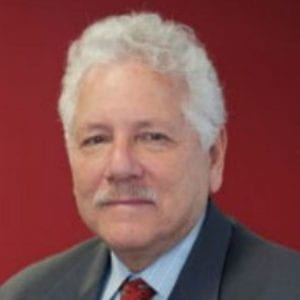 Dr. Danny Leipziger is a Professor of International Business and International Affairs at the George Washington University and Director of the Growth Dialogue. He is a faculty affiliate of the Institute for International Economic Policy. Prior to joining GW, Prof. Leipziger was Vice President for Poverty Reduction and Economic Management at the World Bank (2004-2009). Dr. Leipziger held senior management positions in East Asia and Latin America Regions. He was the World Bank’s Director for Finance, Private Sector, and Infrastructure for Latin America (1998-2004). He served previously in the U.S. Department of State and was a Member of the Secretary’s Policy Planning Staff. Dr. Leipziger was Vice Chair of the Spence Commission on Growth and Development, and he served on the WEF Council on Economic Progress.
Dr. Danny Leipziger is a Professor of International Business and International Affairs at the George Washington University and Director of the Growth Dialogue. He is a faculty affiliate of the Institute for International Economic Policy. Prior to joining GW, Prof. Leipziger was Vice President for Poverty Reduction and Economic Management at the World Bank (2004-2009). Dr. Leipziger held senior management positions in East Asia and Latin America Regions. He was the World Bank’s Director for Finance, Private Sector, and Infrastructure for Latin America (1998-2004). He served previously in the U.S. Department of State and was a Member of the Secretary’s Policy Planning Staff. Dr. Leipziger was Vice Chair of the Spence Commission on Growth and Development, and he served on the WEF Council on Economic Progress.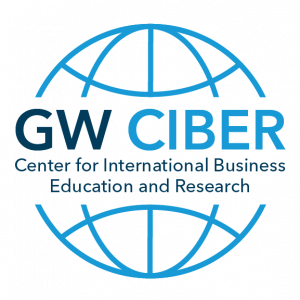




 Patrick Hyland, MA ’03, is a managing director in the Global Client Business within Goldman Sachs Asset Management and also serves as co-chair of the Separate Account and Advisory Working Group. He joined Goldman Sachs in 2010 as a vice president in the Platform Solutions Group within the Investment Management Division and was named managing director in 2021. Prior to joining the firm, Patrick was vice president and manager in Client Service at OppenheimerFunds. He is also an Executive Circle member of the Elliott School’s Institute for International Economic Policy.
Patrick Hyland, MA ’03, is a managing director in the Global Client Business within Goldman Sachs Asset Management and also serves as co-chair of the Separate Account and Advisory Working Group. He joined Goldman Sachs in 2010 as a vice president in the Platform Solutions Group within the Investment Management Division and was named managing director in 2021. Prior to joining the firm, Patrick was vice president and manager in Client Service at OppenheimerFunds. He is also an Executive Circle member of the Elliott School’s Institute for International Economic Policy. Persis Khambatta, MA ’07, is director of global government affairs for India and South Asia at Walmart. Previously, she spent eight years with BowerGroupAsia, managing key client relationships across South Asia, providing political-economic analyses, mapping, regulatory monitoring and country strategies. Khambatta also served as a fellow and adjunct fellow for the Wadhwani Chair in U.S.-India Policy Studies at the Center for Strategic and International Studies, as well as a program officer and consultant at The Asia Foundation.
Persis Khambatta, MA ’07, is director of global government affairs for India and South Asia at Walmart. Previously, she spent eight years with BowerGroupAsia, managing key client relationships across South Asia, providing political-economic analyses, mapping, regulatory monitoring and country strategies. Khambatta also served as a fellow and adjunct fellow for the Wadhwani Chair in U.S.-India Policy Studies at the Center for Strategic and International Studies, as well as a program officer and consultant at The Asia Foundation.
 Moderator:
Moderator:
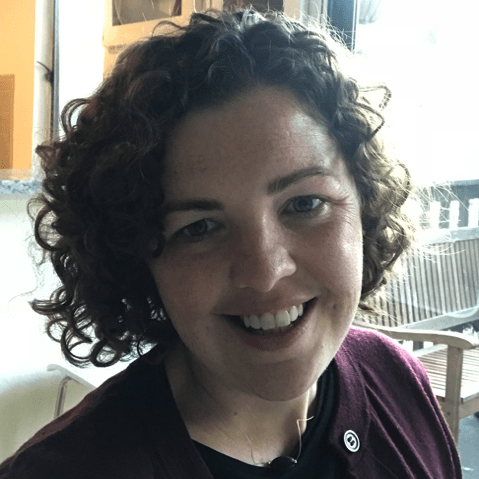 Melanie Morten is a development economist who focuses on the migration of low-income people. Human mobility has long helped to determine people’s living conditions. Individuals move, both across and within countries, searching for better employment prospects, higher wages, and other opportunities. Beyond impacting individuals’ own outcomes, migration sometimes occurs at such a large scale that it affects the overall organization of economic activity within countries. Her work explores the causes and effects of different types of movement, including internal and international migration, temporary and permanent relocations, and within-city residential movements. She considers both the microeconomic and macroeconomic implications of migration and formulate spatial equilibrium models to understand how impacts in one location may spill over to other areas. Her research has been supported by several grants, including an NSF CAREER award and a Sloan Fellowship.
Melanie Morten is a development economist who focuses on the migration of low-income people. Human mobility has long helped to determine people’s living conditions. Individuals move, both across and within countries, searching for better employment prospects, higher wages, and other opportunities. Beyond impacting individuals’ own outcomes, migration sometimes occurs at such a large scale that it affects the overall organization of economic activity within countries. Her work explores the causes and effects of different types of movement, including internal and international migration, temporary and permanent relocations, and within-city residential movements. She considers both the microeconomic and macroeconomic implications of migration and formulate spatial equilibrium models to understand how impacts in one location may spill over to other areas. Her research has been supported by several grants, including an NSF CAREER award and a Sloan Fellowship.